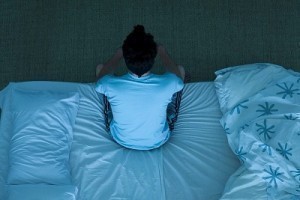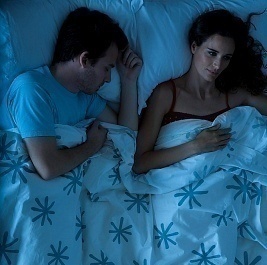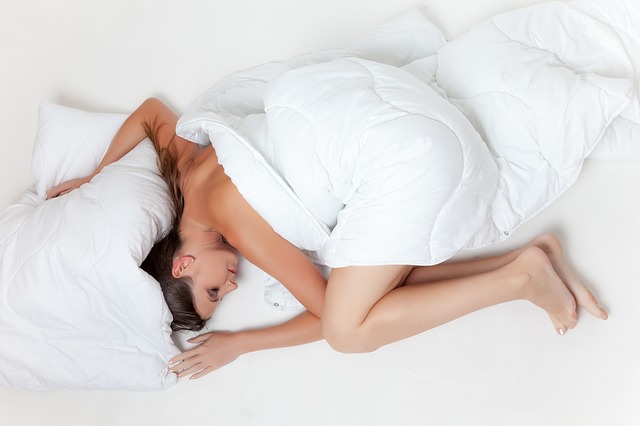Insomnia Treatment
The main focal point for insomnia treatment is geared toward finding its cause. Transient insomnia is known to be resolved when the trigger underlying the disease is either corrected or removed. Managing the underlying problem may be the key to eliminating insomnia. Most of the time, patients will have to seek medical attention when conditions become chronic.
Insomnia Treatment Classifications
There are different therapies out there for the various cases of insomnia. Each therapy is directed at dealing with specific underlying causes. General treatment of this disease involves measures that are non-medical, or non-pharmacologic, and medical, or pharmacologic.
Non-Medical Treatment
One approach to insomnia treatment is a non-pharmacological approach. Non-medical therapies include relaxation therapy, sleep restriction, stimulus control, and sleep hygiene. These forms of therapy are also known as cognitive behavioral therapies.
Sleep Hygiene
Sleep hygiene is one of the elements of insomnia treatment that involves behavioral therapy. This component of therapy involves very simple steps. In return, a patient is expected to gain improvements in the quantity and quality of sleep. Steps in this type of therapy include:
Resolving worries before going to bed
Making adjustments in the sleeping environment
Not going to bed hungry
Cease smoking
Never drink caffeinated beverages later in the afternoon
Follow a regular wake-sleep schedule
Never force yourself to sleep
Exercise at least 20 minutes a day about four or five hours before bed time
Sleep as much as needed in order to feel properly rested
Relaxation Therapy
This involves taking various measures to get relaxed. Activities involved in this form of treatment include dimming the lights, meditation, and playing relaxing music prior to bed time.
Stimulus Control
Those who are suffering from chronic conditions can benefit from stimulus control therapy. Steps in this therapy include going to bed when one feels sleepy, setting up one’s wake time, avoid oversleeping, avoid eating, TV, and reading in bed, and avoiding long naps during the day.
Sleep Restriction
This form of insomnia treatment involves setting rigid sleep and rise times. Patients undergoing this therapy are forced to get up at the specified time even if they still feel sleepy. It also involves other measures such as controlling the sleeping environment and avoiding excessive fluids before going to bed.
Medical Treatment
If your physician deems that medications are necessary for treatment then he may prescribe them. At times doctors use a combination of non-medical and medical treatments for different cases of insomnia. Sedatives that doctors may prescribe include benzodiazepine, nonbenzodiazepine, melatonin, and ramelteon.
Doctors may also prescribe antidepressants such as trazodone and amitriptyline. They may also prescribe certain antihistamines especially those that have sedative properties. Valeriana officinalis is a herbal medication that is quite popular in the United States though no studies have shown convincing results for treatment in chronic cases.




